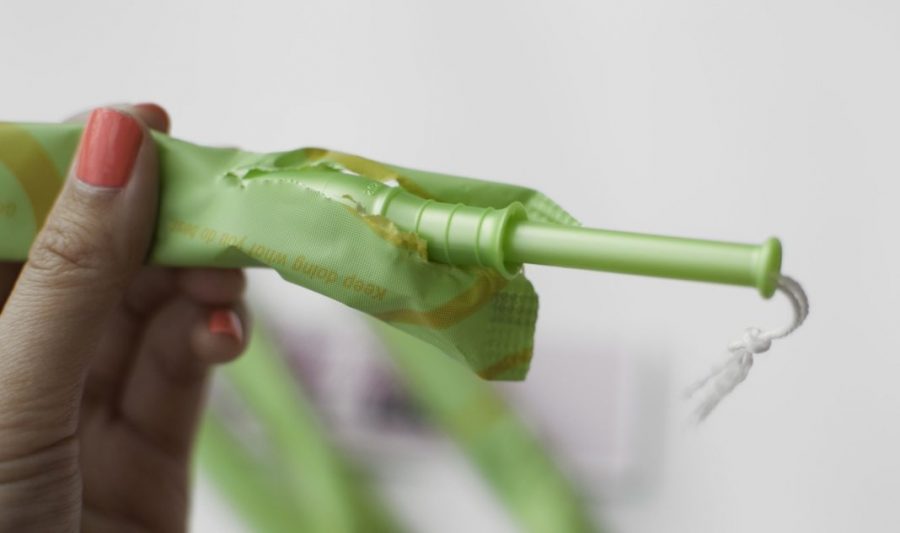For those of you who do not have periods, let me paint you a picture: for two to seven days every month you gush blood out of your nether regions, experience abdominal cramps so severe that you can barely move and have painful swelling of your breasts. That’s not even mentioning less severe symptoms such as grouchiness, cravings, bloating and a host of other equally unpleasant phenomena.
Free hygiene products on campus help relieve some of the time-of-the-month misery. That is why Tampon Allies, an organization dedicated to bringing free period products to the University of Utah campus, is petitioning for the school to expand free access to these items. The U currently offers free hygiene products at a limited number of locations, but the group wants to bring them to every campus building.
It may seem like a small gesture, but the comfort of having free access to these items helps ease stress. The University of Utah should take this petition seriously and work with Tampon Allies and other groups to offer free menstrual products to students with periods.
Periods are expensive. When you account for tampons, pads, panty liners, heating pads, ibuprofen or midol, ruined underwear and birth control the costs rise dramatically. The Huffington Post calculated approximately how much having a period will cost over someone’s lifetime, and they estimate that tampons and panty liners alone will cost $2,216.66. Depending on the quality of the hygiene product and how heavy the period flow is, it could cost even more than that. When you add in the expense of medications and new underwear, the staggering total came to $17,221.36.
A big part of the cost of hygiene products is the tampon tax. Many states offer tax exemptions when buying medical goods or hygiene necessities, but only eleven states — five of which don’t have sales tax at all — currently exempt period products. Periods are not a choice. They happen whether or not you want them, so why should they be charged differently from something like shampoo?
The cost of having a period is high, and so is the daily inconvenience. For a week out of every month, females must live their everyday lives while experiencing period symptoms. Sitting through class worried your tampon might start leaking and walking across campus with cramps so bad you cannot stand up straight are common occurrences.
Many places both on and off campus offer free condoms, such as the Center for Student Wellness and Planned Parenthood. The promotion of safe sex through the distribution of condoms is valuable, but we should expand these services to include feminine hygiene products. Periods are a biological occurrence which cannot be controlled. Half of the population menstruates and, in order to serve their students, the University of Utah needs to offer free period products.
Make sure to sign the Tampon Allies petition at https://docs.google.com/forms/d/1xZ7WxjvROBKJ29fNSrP7GyMBpS0bGMOaaMmG_5npCDo/viewform?edit_requested=true#responses


